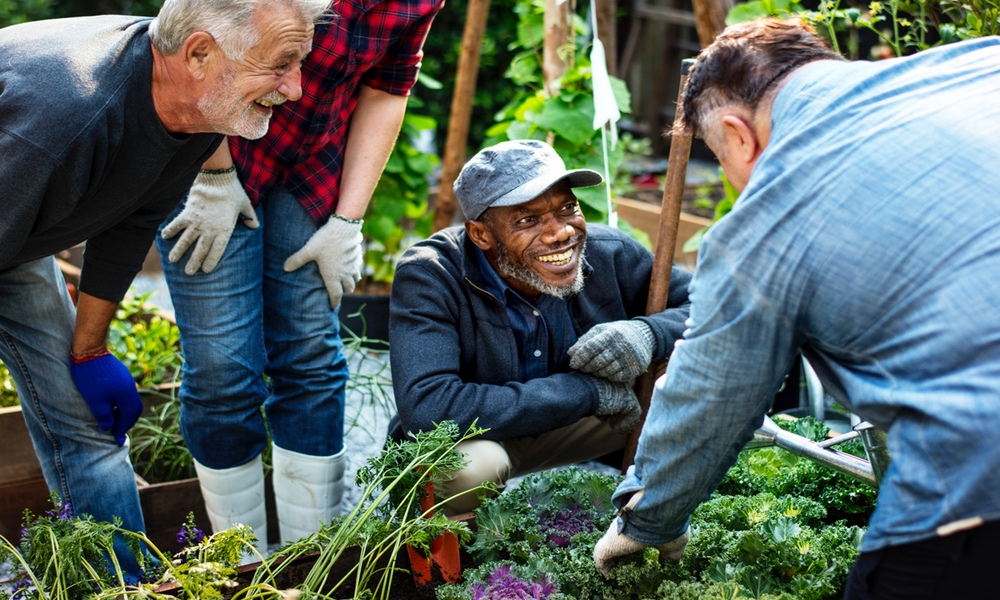We’re a pretty sleep-deprived nation. It is estimated that between 50 to 70 million folks, no matter what age, complain about too little shut-eye. It’s no wonder we feel cranky. But that’s not all sleep does to us. It also makes us selfish.
Researchers at the University of California, Berkeley have found a real connection between too few zzz’s and the willingness to help others. Specifically, the study authors noted that people who are sleep-deprived are less likely to pitch in and help someone out. That’s too bad because as the UC researchers point out, our willingness to give someone a helping hand is fundamental to human society.
The connection between altruism and sleep was confirmed in a study, published in PLOS BIOLOGY, involving three different experiments.
- In the first experiment, individual willingness to help others and brain activity were measured through a self-reported altruism questionnaire taken after a solid night’s sleep and again after a night of sleep deprivation. The 24 participants also had their brain activity assessed using fMRI imaging. The results were revealing. It showed that sleep deprivation dimmed activity in the social cognition brain network known to be more active during pro-social behaviors.
- In the second experiment, participants were given the altruism questionnaire after keeping sleep diaries that recorded their sleep quality and quantity. Their ratings were lowered when they had less shut-eye, but they were even more diminished when it came to lackluster quality of sleep.
- In the third experiment, researchers looked at a database of three million charitable donations in the United States between 2001 and 20016. The team saw a 10 percent drop in donations in the weeks just after losing a precious hour of sleep to Daylight Savings time.
“Even just an hour of sleep loss was enough to influence the choice to help another,” Ben Simon, a co-lead author of the study and post-doctoral fellow of psychology at UC’s Center for Human Sleep, told CNN. “When people lose one hour of sleep there’s a clear hit on our innate human kindness and our motivation to help others in need.”“When people lose one hour of sleep there’s a clear hit on our innate human kindness and our motivation to help others in need.”
We already know through dozens of previous studies that a lack of sleep can add to a host of other woes, including increasing anxiety, weakening our immune system, raising the risk of diabetes, interfering with our thinking, lowering our sex drive, even making it easier to gain weight.
- Be consistent. Go to bed at the same time each night and get up at the same time each morning, including on the weekends.
- Make sure your bedroom is quiet, dark, relaxing and at a comfortable temperature.
- Remove electronic devices, such as TVs, computers and smart phones, from the bedroom.
- Avoid large meals, caffeine and alcohol before bedtime.
- Get some exercise. Being physically active during the day can help you fall asleep more easily at night.





